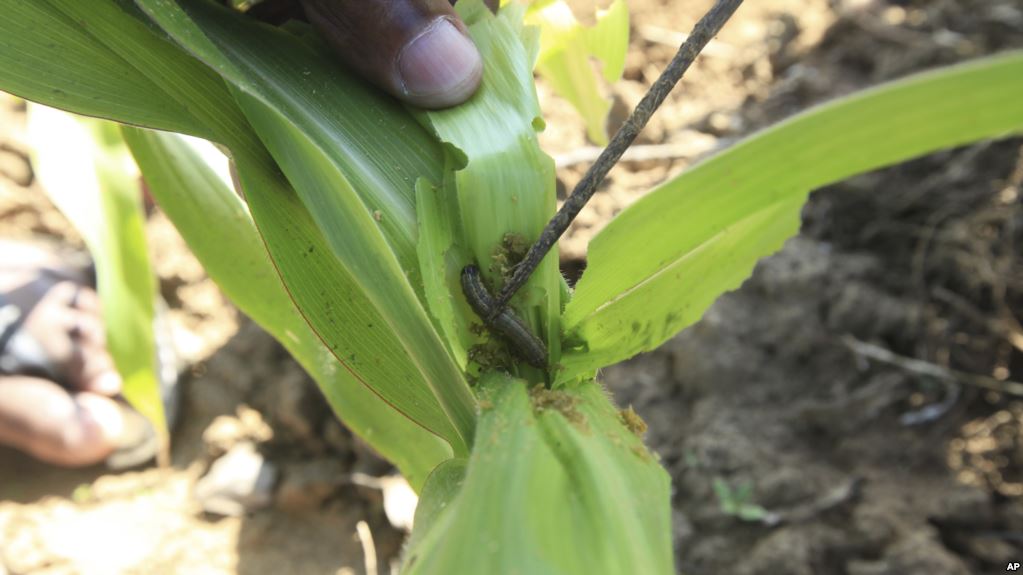
Nqobile Bhebhe, Zimbabwe
AN OUTBREAK of the has been reported in the Midlands area of Zimbabwe causing significant damage of about 20 percent of the maize crop.
The level of damage witnessed in the fields is likely to affect maize harvests across the region, agriculture officials say.
“The fall armyworm has really affected the maize crop in the province. Most of the farmers who planted the maize crop have challenges to do with the fall armyworm,” said Agritex Provincial Crop and Livestock Officer Medlinah Magwenzi as reported by local media.
“On average 20 percent of the maize crop has been affected. This will have an effect on the yield which we expect to go down,” added Mangenzi.
The pest is known to migrate quickly and breed quite fast, with an entire life cycle between 35 and 61 days.
Fall armyworm can be one of the more difficult insect pests to control in field corn.
Late planted fields and late maturing hybrids are more likely to become infested.
Fall armyworm causes serious leaf feeding damage as well as direct injury to the ear.
While fall armyworms can damage corn plants in nearly all stages of development, it will concentrate on later plantings that have not yet skilled.
Officials say to reduce the numbers of fall armyworms and their impact on agricultural production in Zimbabwe, a multi-pronged approach is required that ensures fast registration of appropriate chemicals, strategies to avoid chemical resistance, surveillance and early warning, monitoring, cultural management and breeding.
Zimbabwe established a fall armyworm working group in July of 2017 to bring all stakeholders together and find solutions to manage the impacts of the pest in the country.
A Government research institution, Plant Protection Research Institute reported in 2017 that it had identified and recommended 10 pesticides for the eradication of fall armyworm.
The institution said the 10 pests killing chemicals produced by various manufacturers were already on the market.
The pesticides were part of the numerous chemicals that were given temporary registration after a fall army worm outbreak throughout the country in 2016.







